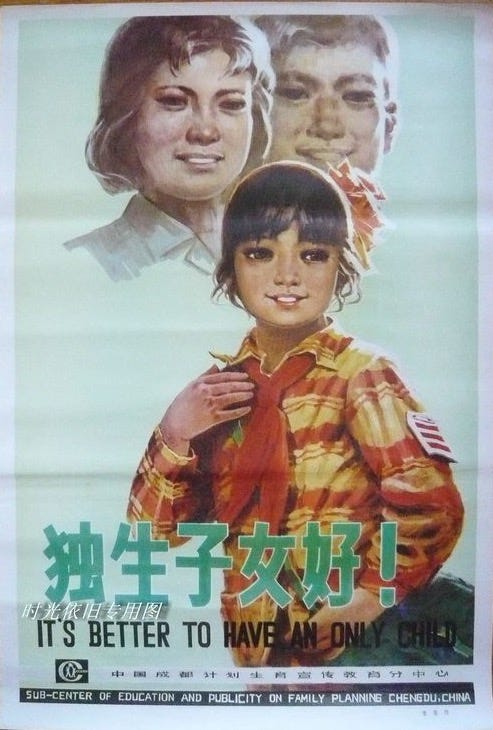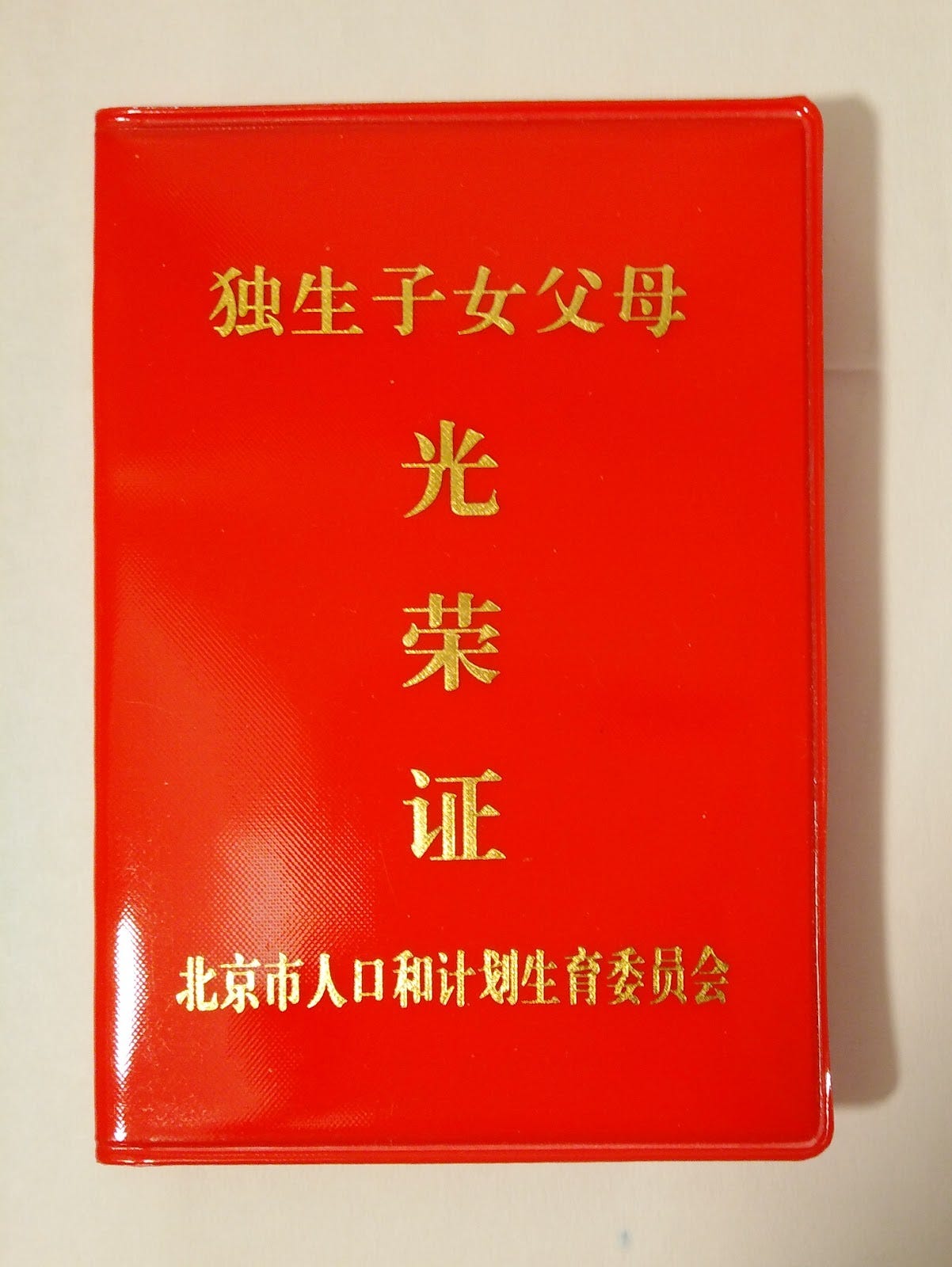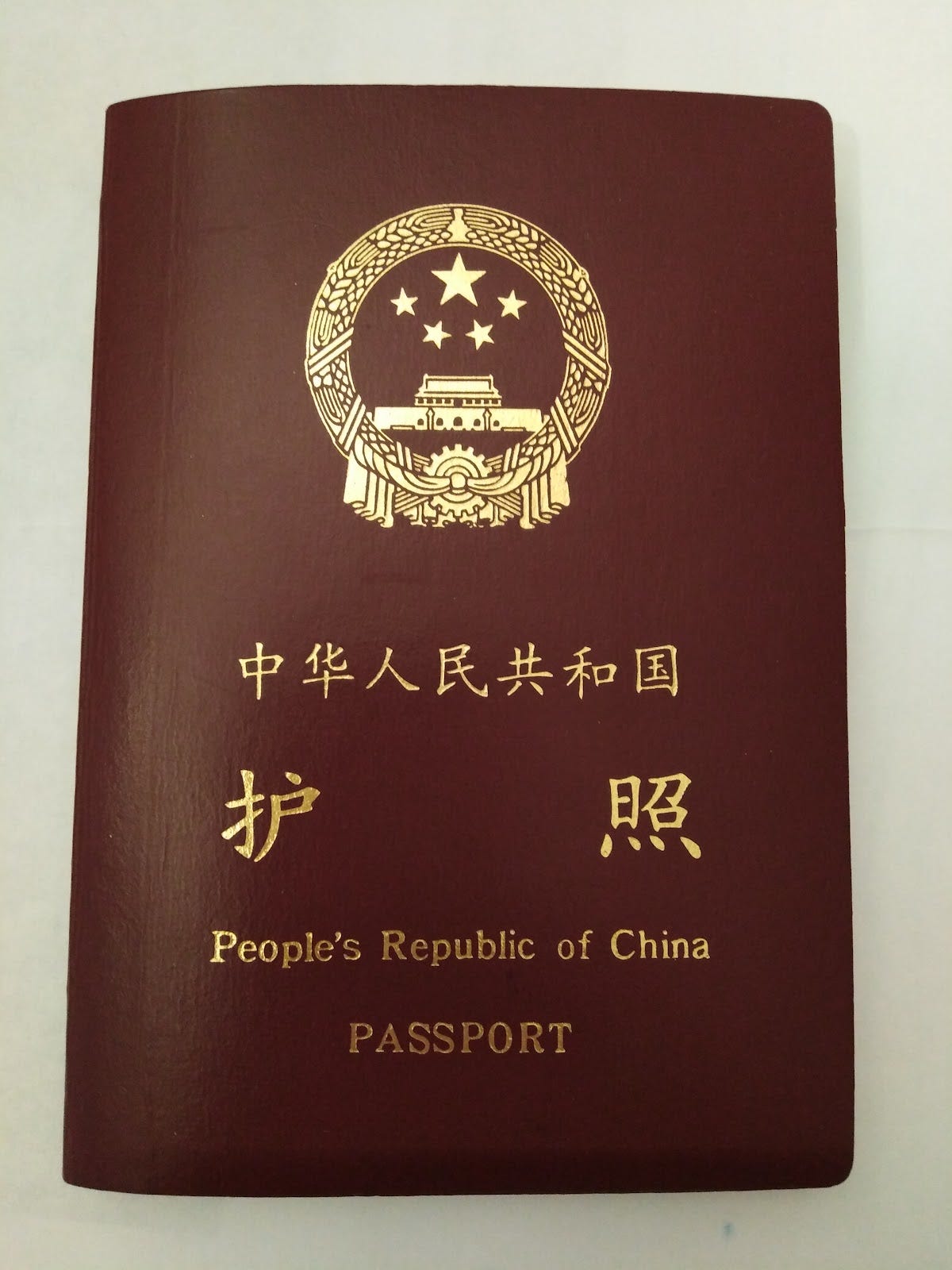How My Gender Brought Me to the U.S.
Sirui Qin launches their essay series - An Immigrant's Journey: Humanizing Those Affected by Immigration Laws.
This week we return with a short essay series by Sirui Qin. In this first part Sirui reflects on their journey as a Chinese immigrant shaped by the one-child policy and how it led their family to migrate to the United States. It is imperative that we continue to dismantle false narratives of the immigrant diaspora. That we reject the boogeyman effect imposed by the political factions whose goal it is to forcibly remove and erase us.
Introducing their essay series, Sirui writes:
My story rejects the stereotypes that Chinese Americans are the model minority in the upper echelons of American society. It also dispels the belief that all undocumented immigrants are Latinos.
We look forward to sharing the next part of Sirui’s essay series with you in the coming weeks.

How My Gender Brought Me to the U.S.
China is a prosperous, East Asian country with a current population of approximately 1.4 billion (Rieffel and Wang). In the 1970s, the Chinese government enacted the one-child policy to curb the rapid population growth (Pletcher). Due to the history of patriarchy, many families want a son. The Chinese character for male is 男 - nán。It is made of the words “strength” (力 - lì)and “field” (田 - tián)stacked on top of each other. This indicates that Chinese society views men as being capable of doing strenuous farmwork. The Chinese character for female is 女 - nǚ。The character highlights the body shape of a woman, but does not show a woman’s abilities. The structure of the words reflects Chinese society’s attitudes towards men and women. Families used to be able to have as many children as they wanted until they got a son. Now, they only get one chance.
My father wanted a son very much. In Chinese, there is this saying:
“嫁出去的女儿,泼出去的水.- Jià chūqù de nǚ'ér, pō chūqù de shuǐ.”
This translates to “A daughter that is married off is like water that is poured out.” A daughter will marry off and join the family of her in-laws, but a son is part of the family forever. My father wanted a male heir to carry on the family name. He asked friends that gave birth to sons about their diet, then asked my mom to replicate it to ensure the conception of a boy. My father believed that I was a boy during my mother’s entire pregnancy.
On the day of my birth, my father excitedly accompanied my mother to the hospital. He could not wait to meet his son. However, he was met with the words, “It’s a girl.” At that moment, my father watched his dreams of having a son dissipate. Due to the one-child policy, he can not try to have another child.

My father went through a period of desperation. Why didn’t his child win the genetic lottery? Why did he have a daughter instead of the son he wanted so much? Whenever he saw parents with their baby boys, he was reminded again of the life that he could not have. His desperation turned into anger, and he became abusive towards me and my mother. When I got a high fever as a baby, my father refused to take me to the hospital. Instead, he covered me up with layers of thick blankets. If I were to succumb, he gets another chance to have the son he wanted. Luckily, my mother found out and grabbed me away from him. She took me to the hospital and nursed me back to health.
My father still did not give up on his goal of having a son. If the Chinese government does not allow him to have another child, he will go to another country. He worked hard to obtain visas for the family. When I was four years old, my family boarded a plane to the United States. I did not realize that this would be the last time I saw my country of citizenship.

When I was four years old, my family boarded a plane to the United States. I did not realize that this would be the last time I saw my country of citizenship.
After arriving in the U.S., my father demanded that my mother give him a son. My mother said that she could not guarantee the baby’s gender. She refused to give him another child. This made my father angry. If my mother would not give him a son, he will find another Chinese woman to do the job. Under the one-child policy, every parent can have one child. My father can have another child in China with a woman that never had any kids. My father took away all of my documents of identification, including my passport. This way, my mother and I cannot return to China to interfere with his plans. He boarded a plane back to China andI never saw him or my original documents again.
Without my passport, birth certificate, and hùkǒu (户口), which is the household registration document, I cannot go back to China. My mother learned that U.S. law requires all children to enroll in school, and that public schools are open to all children, regardless of immigration status. She then enrolled me in a public school to not disrupt my education. That started my journey of becoming Americanized.
Propina
We’ll share the second part of Sirui Qin's essay series soon. In the meantime, we’re thrilled to see that Define American launched a new YouTube series. The first episode, “How to Survive the Next 4 Years as an Undocumented American” can be found here:
We’ll see you next week!
Works Cited
Eckholm, Erik. “After 50 Years, China Youth Remain Mao’s Pioneers.” The New York Times, 26 Sept. 1999, pp. 12–12, https://www.nytimes.com/1999/09/26/world/after-50-years-china-youth-remain-mao-s-pioneers.html.
Pletcher, Kenneth. “One-Child Policy.” Encyclopedia Britannica, 17 Jun. 2024, https://www.britannica.com/topic/one-child-policy.
Rieffel, Lex, and Xueqing Wang. “China’s Population Could Shrink to Half by 2100.” Scientific American, Scientific American, 1 May 2024, www.scientificamerican.com/article/chinas-population-could-shrink-to-half-by-2100/.
“李善画计划生育宣传画《独生子女好》.” 7788收藏, www.997788.com/pr/detail_152_30762280_0.html.




Thank you very much for publishing my story!